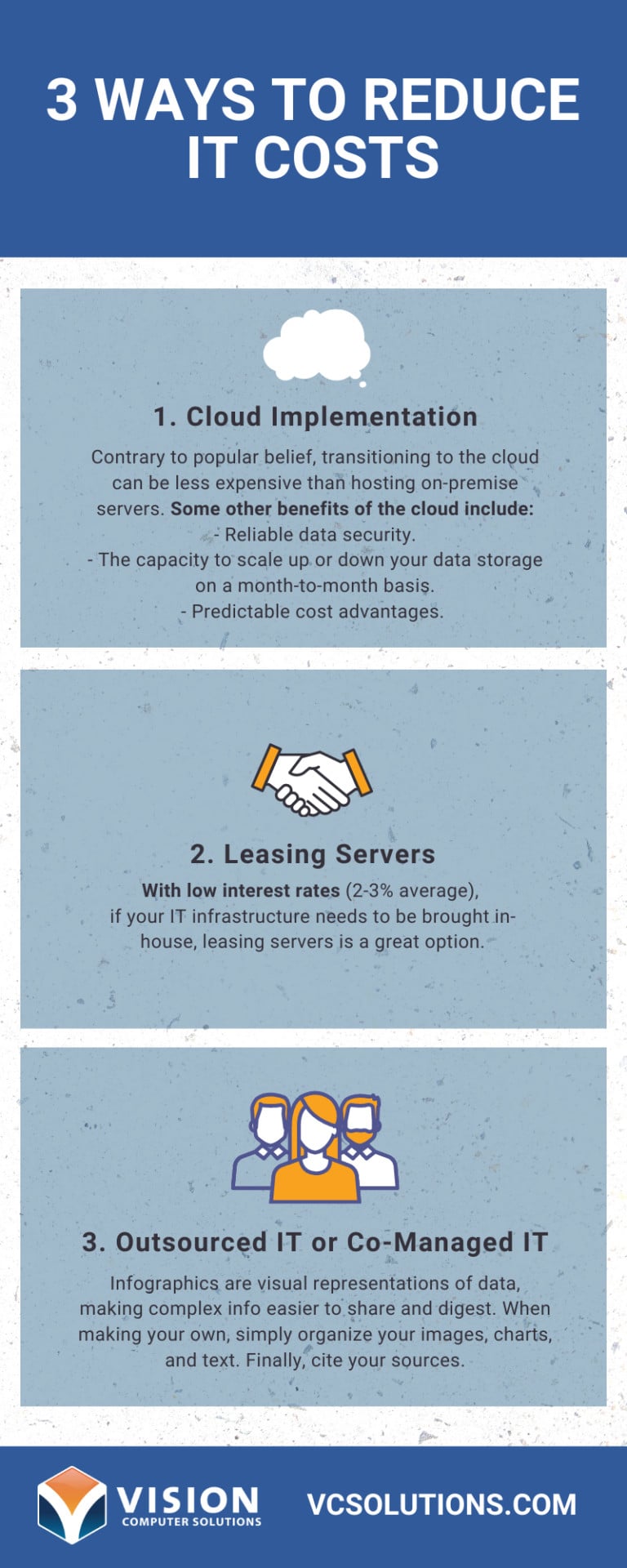In this episode of TechTalk Detroit, Chuck Lobert and Brian Spurgeon break down how to reduce IT costs without compromising productivity, performance, or security. Whether you have a fully staffed internal IT department or partner with a managed service provider, smart planning and strategic choices can lead to substantial savings.
1. Cloud Implementation
Many businesses assume migrating to the cloud is costly, but the opposite is often true. Chuck and Brian explain how cloud adoption can significantly lower capital expenditures while improving flexibility and efficiency. With cloud-based platforms like Microsoft 365, companies can enjoy:
-
Predictable monthly costs
-
Enhanced data security
-
Scalable storage solutions based on real-time needs
-
Reduced reliance on expensive on-premise hardware
The cloud also reduces the costs associated with maintaining and upgrading physical infrastructure, while enabling remote work capabilities that improve overall business continuity.
2. Leasing IT Infrastructure
If cloud migration isn’t the right move for your business, leasing servers and other hardware can be a cost-effective alternative to purchasing outright. With low interest rates and flexible leasing options, this approach allows businesses to modernize their infrastructure without massive upfront investments. Chuck and Brian highlight how this strategy can also help preserve cash flow and keep your IT environment current without large capital outlays.
3. Outsourced or Co-Managed IT Support
Partnering with a managed IT service provider can drastically reduce labor and training expenses. Rather than growing an in-house IT department, outsourcing gives you access to a full team of certified professionals who are already up to date on the latest technologies and best practices.
Co-managed IT is also discussed as a hybrid approach—blending your internal team’s strengths with external expertise. This collaborative model helps businesses tackle complex projects, access vendor discounts, and boost efficiency.
Planning Is Key
Ultimately, how to reduce IT costs comes down to strategic planning. Chuck and Brian stress that budgeting ahead and regularly evaluating your IT needs ensures you’re investing in technology that supports, not drains, your business.

Charles Lobert, has been in the Detroit Metro Area’s IT industry for over two decades & with VCS since ’04. Throughout the years, Lobert has held nearly every position at VCS & is responsible for several major organizational shifts within VCS.


